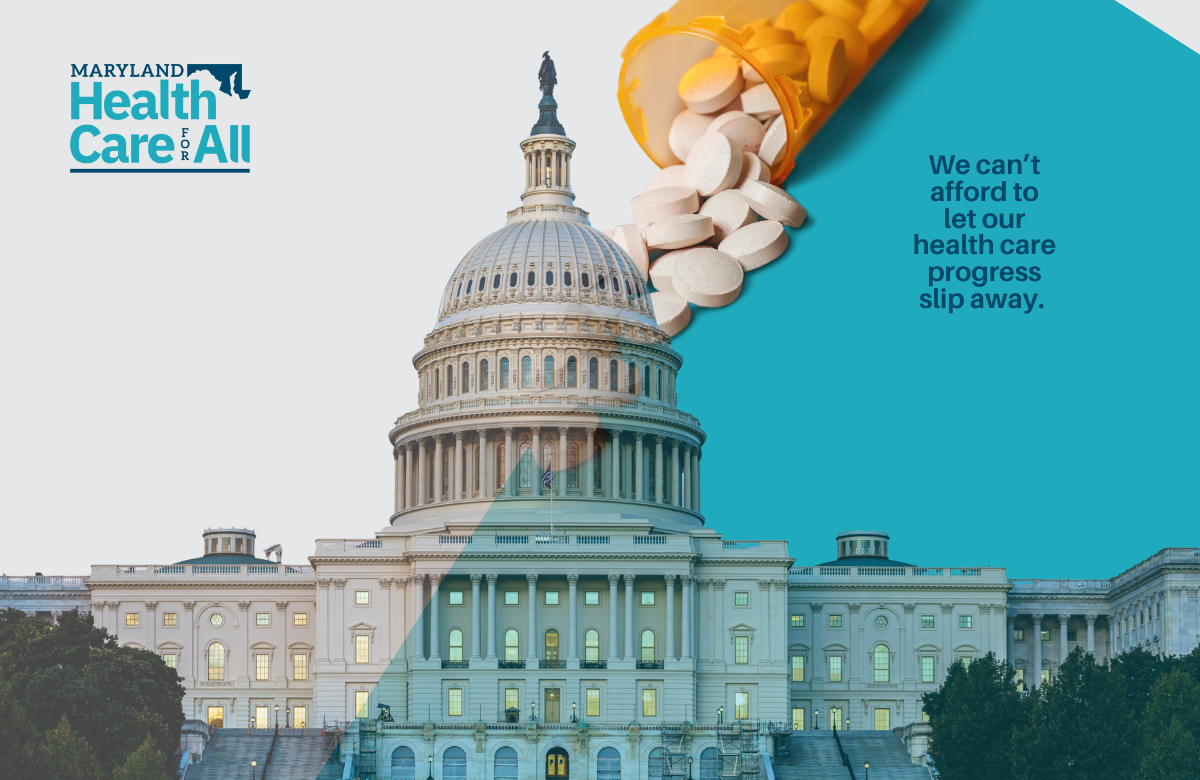Gazette. Net
by Sarah Breitenbach | Staff Writer
Alcohol tax promoted to spare Medicaid cuts
Although most Marylanders won’t feel the impact of federal health care reform for a few years, the General Assembly likely will begin designing a plan for a public insurance exchange during the upcoming session.
The Maryland Health Care Reform Coordinating Council, headed by Lt. Gov. Anthony G. Brown and Secretary of Health and Mental Hygiene John M. Colmers, is recommending the legislature begin creating the framework of Maryland’s exchange system during the 2011 session.
The exchange, a local insurance market mandated under federal law, is intended to allow individuals and small businesses to purchase medical care at an affordable rate.
“We think by setting up the broad framework, establishing a governing body, we’ll be better able to drive the additional research and analysis that is necessary (for health care reform),” said Brown, who was appointed to the council in March.
Exchanges are required under the federal Patient Protection and Affordable Care Act of 2010 and can be operated by individual states or by a collective of states.
While decisions by the legislature likely will focus on creating the structure for an exchange, lawmakers will stop short of funding it this year, Brown said.
The exchange will be either a nonprofit or a government agency, he said. The council also will ask the legislature to establish a governing board for the exchange.
Brown and Colmers were tasked with determining how the federal legislation would affect state laws and regulations as well as creating a timeline for state action in health care reform.
In a report to be released next week, the council also is expected to recommend that the state create a computer system to facilitate seamless record-keeping between Medicaid and the exchange insurance market.
“You’re going to have people who are bouncing back and forth between Medicaid and the individual market,” Brown said. “We’ve got to have a system where you’re not bouncing in and out of coverage. We have to have this seamless entry, no wrong door approach. That is a huge information technology challenge.”
The council also will suggest that the state create an office of health reform, which would come at little cost by shifting existing state personnel positions — as few as three — to the office, he said.
While the council’s recommendations for 2011 could be relatively inexpensive, Brown said, the state’s Medicaid program, which covers medical cost for people who cannot afford health care, could be at risk for cuts.
Among the many state programs possibly on the chopping block as the governor and legislature wrestle with a $1.6 billion budget deficit, Medicaid reimbursements to doctors in the program could face reductions, Brown said.
“The possibility of reducing reimbursement rates, that’s the way you achieve savings,” he said. “We’re mindful of the fact that it puts considerable stress on the providers, and certainly our concern is we don’t (want) to have providers who are unwilling to accept Medicaid patients.”
He did not say how much Medicaid could be cut.
Dr. Peter Beilenson, health officer for Howard County who created Healthy Howard Inc., a nonprofit health care program for that county’s uninsured, said funding Medicaid needs to be among the legislature’s priorities as Marylanders continue to feel impacts of the national recession.
“The need being even greater (than before), hopefully this is not a time when we’ll be cutting Medicaid,” he said.
Attempts to cut the program likely would be met with resistance from Vincent DeMarco and the Maryland Citizens Health Initiative and the Health Care for All! Coalition, which are lobbying for a 10 cent-per-drink increase in the state’s alcohol tax.
MCHI, of which DeMarco is president, argues that raising the tax could generate $214 million in new revenue, directing more than 42 percent, or $89 million, toward a Medicaid trust fund in fiscal 2012.
“We believe that there should be no cuts to the Medicaid program because we all benefit from it,” DeMarco said. Increasing the tax, which hasn’t been raised since 1972 for beer and wine and since 1955 for spirits, has the support of 70 percent of Marylanders, according to a year-old survey, DeMarco said.
Maryland taxes currently are 9 cents per gallon of beer, 40 cents per gallon of wine and $1.50 for a gallon of spirits. Increasing the tax rate by 10 cents a drink would raise the per-gallon tax on beer by less than a penny and less than 2 cents on wine and spirits.
DeMarco’s group plans to release an up-to-date study and opinion poll that he says will confirm support for the proposal at a pair of news conferences next .
With the support of 20 senators and 64 delegates, DeMarco said he only needs 11 more members to sign on to pass the measure, which he calls “good policy and good politics.”



